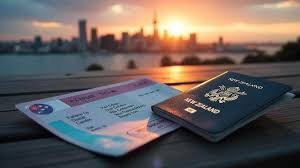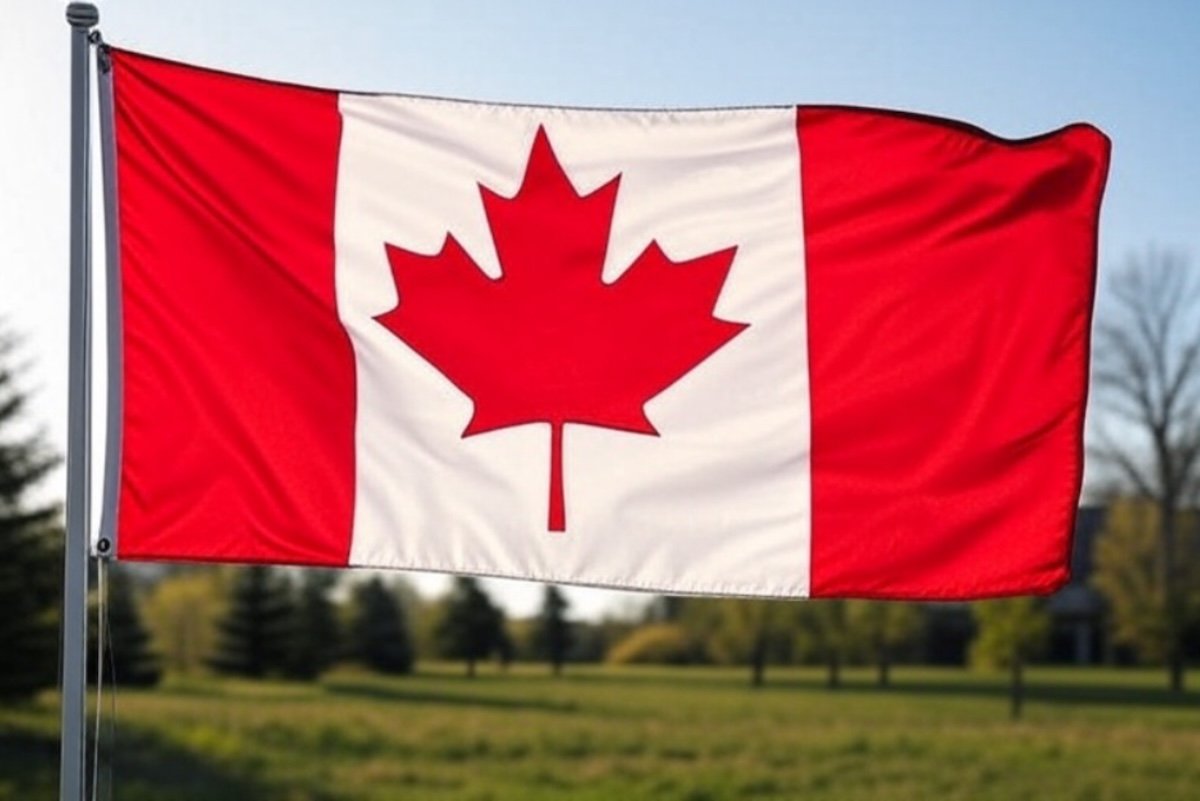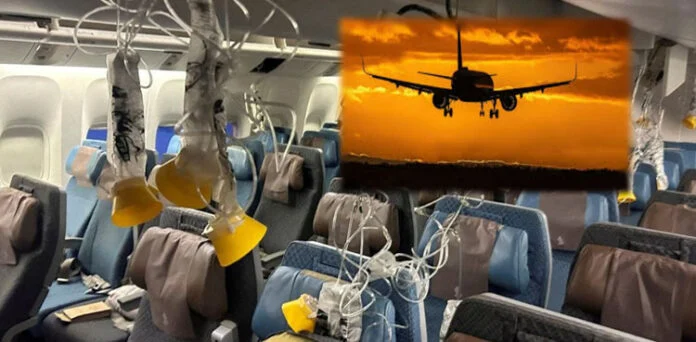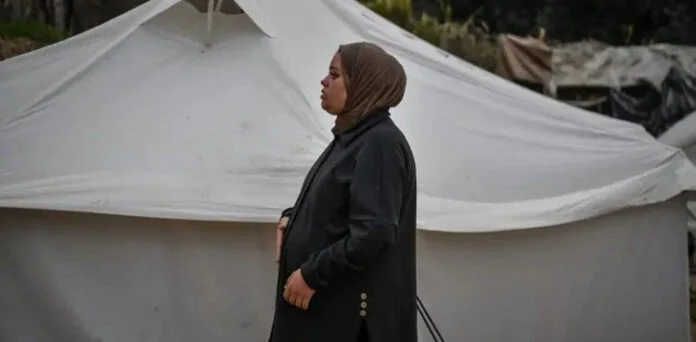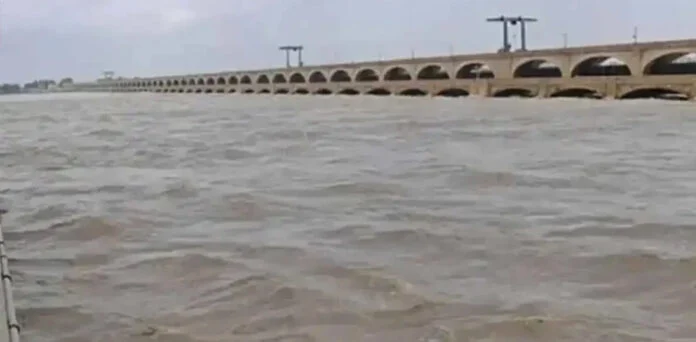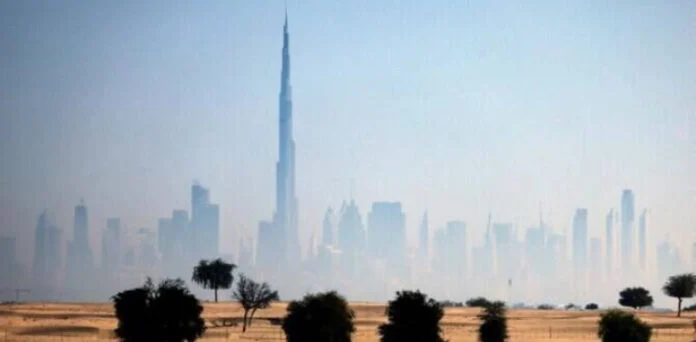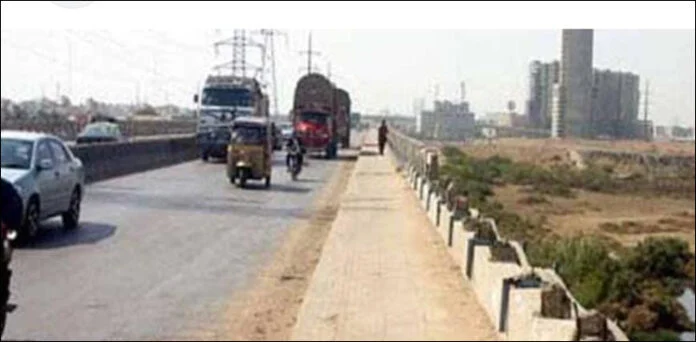
UK tourists planning to visit Iceland have been advised to reconsider their travel plans due to recent natural events. The Foreign, Commonwealth & Development Office (FCDO) has issued a warning following a volcanic eruption on December 18 and other hazards at the popular Reynisfjara black sand beach. The eruption took place in the Reykjanes Peninsula, north of Grindavík, prompting authorities to close the eruption area until further notice. Visitors are urged to respect this closure for their safety.
Additionally, there is a warning about dangerous waves at Reynisfjara beach in the coming days. Tourists are advised to stay away from the sea, keep children close, and avoid entering caves due to the risk of high waves.
The FCDO has maintained its travel guidance for Iceland, highlighting ongoing seismic activity in the Reykjanes Peninsula. Tourists are encouraged to stay informed through local media and follow the advice of authorities, particularly in the evacuated town of Grindavík.
Icelandic authorities are closely monitoring the situation, especially the area near Mount Thorbjörn and the Svartsengi power plant, which is located near the Blue Lagoon. Keflavik International Airport is operating as usual, but travellers should stay updated on the situation. Tourists are also advised to coordinate their travel plans with Safe Travel Iceland, which can provide support from local emergency services if needed.
Due to the eruption, the Blue Lagoon geothermal spa, located about five kilometers from Grindavík, has been temporarily closed for safety reasons. The spa management is prioritizing safety and maintaining communication with local authorities as they continue to monitor developments.
In addition to staying informed about the situation, travellers are strongly recommended to purchase travel insurance to cover unexpected costs, such as missed or delayed flights.



